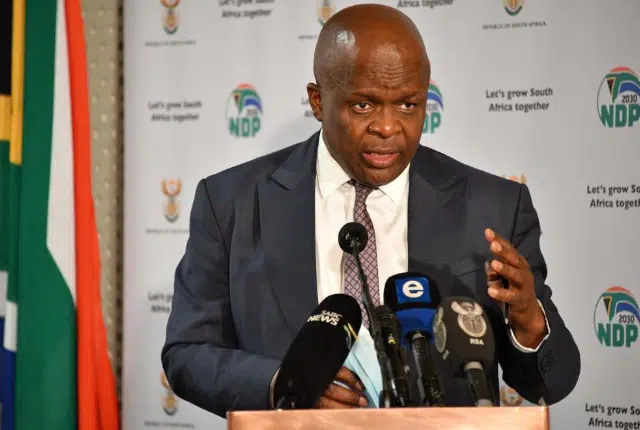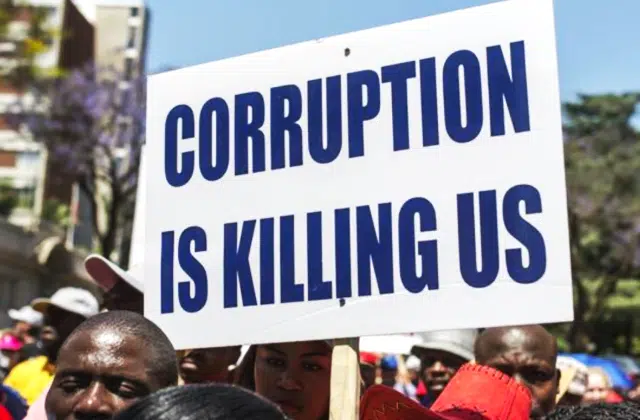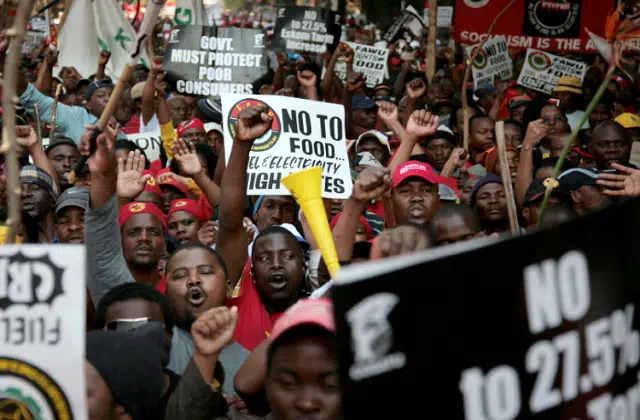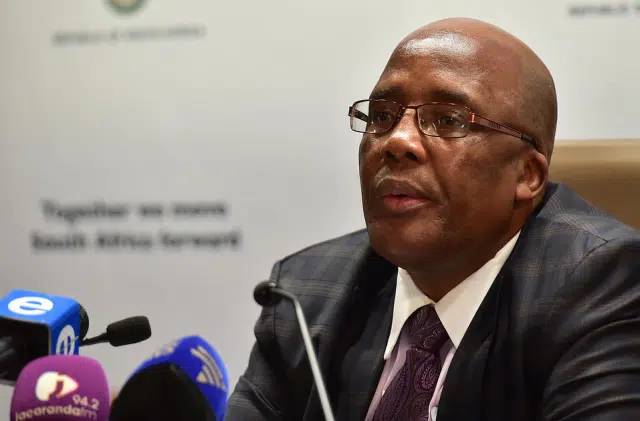
Government looking at ‘relief package’ to deal with cost of living crisis in South Africa: report
Cabinet is holding a lekgotla to discuss the way forward for South Africa’s economy.
The minister in the presidency, Mondli Gungubele, said that the government is waiting for the release of the updated figures on South Africa’s GDP – set to be released by StatsSA on Tuesday (6 September) – but anticipates a weak quarter.
The lekgotla in Tshwane will involve debates among high-ranking cabinet members, ministers and President Cyril Ramaphosa on how best to reform and implement economic policies in the country.
A specific talking point of the meeting is the country’s cost of living crisis and how the government could best mitigate it.
Speaking to BusinessLive, Gungubele said that the lekgotla would debate implementing some kind of ‘relief package’ to shield South Africans from the cost of living crisis. However, he said he could not offer any specifics about what this package could look like.
South Africans have been facing record high food and fuel prices throughout this year. A recent survey from Debt Rescue found that as a result of the high inflationary market, as many as 81% of respondents are cutting down on daily meals as they can no longer afford them.
“The price of basic foodstuffs has risen astronomically over the past year. Accelerating inflation plays a huge role in this as it affects the financial stability of the average consumer. Steep inflation is causing expenditure to increasingly exceed the income of the average person, and people are feeling desperate and out of control financially,” said the CEO of Debt Rescue, Neil Roets.
The latest consumer price information shared by Stats SA indicated that year-on-year increases in transport costs (up by 25% vs 20%); food and non-alcoholic beverages (9.70% vs 8.60%); housing and utilities (4% vs 5.10%) as well as miscellaneous goods and services (3.60% vs 4%) are the main contributors to the cost-of-living crisis.
In terms of current relief for South Africans, according to the Department of Social Development, almost half of all people rely on some financial support from the government.
The department recorded in May of this year that the extension of the Covid-19 Social Relief of Distress (SRD) grant has taken the percentage of people who rely on social transfers up to roughly 47%.
In August alone, over R12 million South Africans applied for the SRD grant following the amendment to regulations that made the income threshold R625, up from the original R350 per month.
The social relief grant has faced backlash from business figureheads and governments alike, deeming it unsustainable and unaffordable – especially within the context of South Africa’s economy.
The Bureau for Economic Research (BER) anticipates a contraction of around 0.5% for the latest GDP data. Nedbank economists are slightly more bearish, anticipating a 1.2% contraction.
“The high-frequency figures already available for the quarter showed the adverse impact of intensified levels of load-shedding, the prolonged strike in the gold mining sector and, of course, the severe KZN floods,” the BER said.
Read: New WhatsApp change could lead to legal trouble for group admins in South Africa



